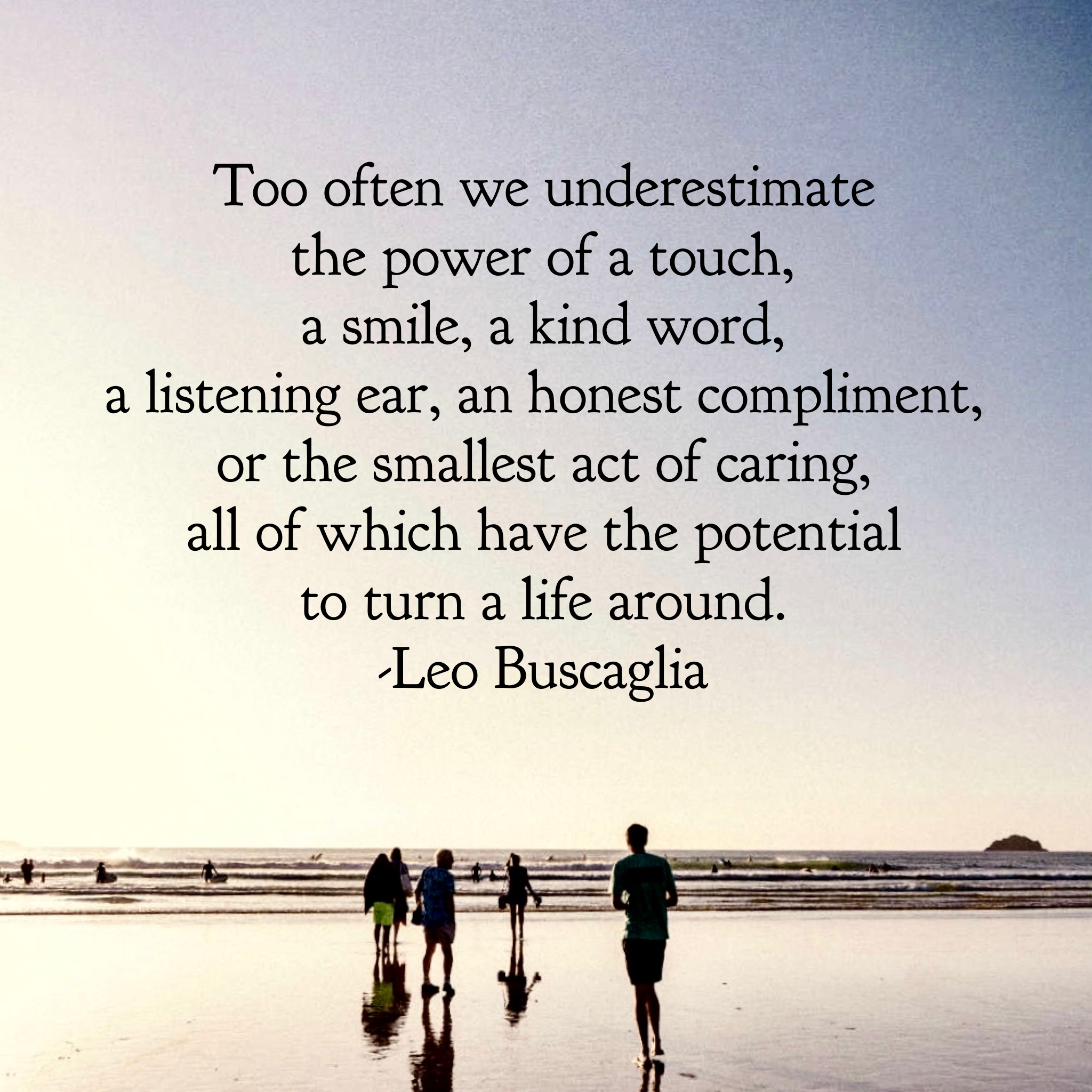Relationship Management: Adding It All Up
Self-awareness + Self-management + Others-awareness = Relationship Management
The final area of Emotional Intelligence is Relationship Management and it is the combination of the three previous areas. It works like this in a relationship:
You use your Self-awareness skills to understand what's going on inside of you and to name what you are feeling.
You use your Self-management skills to intentionally decide how you want to express your feelings in a constructive fashion.
You use your Others-awareness skills to gain insight into what the other person wants, needs and feels.
When you develop competency in these first three areas, you are able to move toward greater Relationship Management.
Relationship Management is the ability to engage in relationships by finding common ground, building rapport, clearly communicating and handling conflict. This is the connection phase of emotional intelligence. In the other three areas, we are processing a lot internally about ourselves or about the other person. When we move into Relationship Management we use skills that help us grow stronger bonds and deeper connection.
In the business world, Relationship Management allows us to not merely be transactional, but to be a better employee, manager or leader. Daniel Goleman, the author of Emotional Intelligence, says that there are six competencies that show strong Relationship Management skills:
Developing Others - Ability to sense others' developmental needs and strengthen their abilities.
Inspirational Leadership - Inspiring and guiding individuals and groups.
Change Catalyst - Initiating or managing change.
Influence - Wielding effective tactics of persuasion.
Conflict Management - Negotiating and resolving disagreements.
Teamwork and Collaboration - Working with others toward shared goals.
In more intimate relationships, like marriage and close friendships, Relationship Management competencies look like these skills:
Encouraging and supporting each other in personal growth and development.
Communicating with directness and clarity (speaking the truth in love).
Strong listening skills that work to understand wants, desires and feelings.
Providing a foundation of safety and trust where deep communication and conflict resolution can occur.
Honoring boundaries and respecting differences of opinion.
Good and strong relationships take hard work, time and effort. Understanding and growing Emotional Intelligence skills is the foundation for all relationship matters. If you'd like to develop your personal EQ skills or grow your team in EQ, feel free to reach out and let's have a conversation. If you're a reader, here are a few of my favorite books on growing Emotional Intelligence:
Emotional Intelligence by Daniel Goleman. The original primer on EQ.
Working with Emotional Intelligence by Daniel Goleman. More on EQ and includes great case study stories.
Emotional Intelligence 2.0: Travis Bradberry and Jean Greaves. Great starter book on EQ. Includes an online assessment to give you insight into your EQ.
The EQ Edge by Steven Stein
On Emotional Intelligence edited by Harvard Business Review - great compilation of articles from various experts in the field of EQ.
